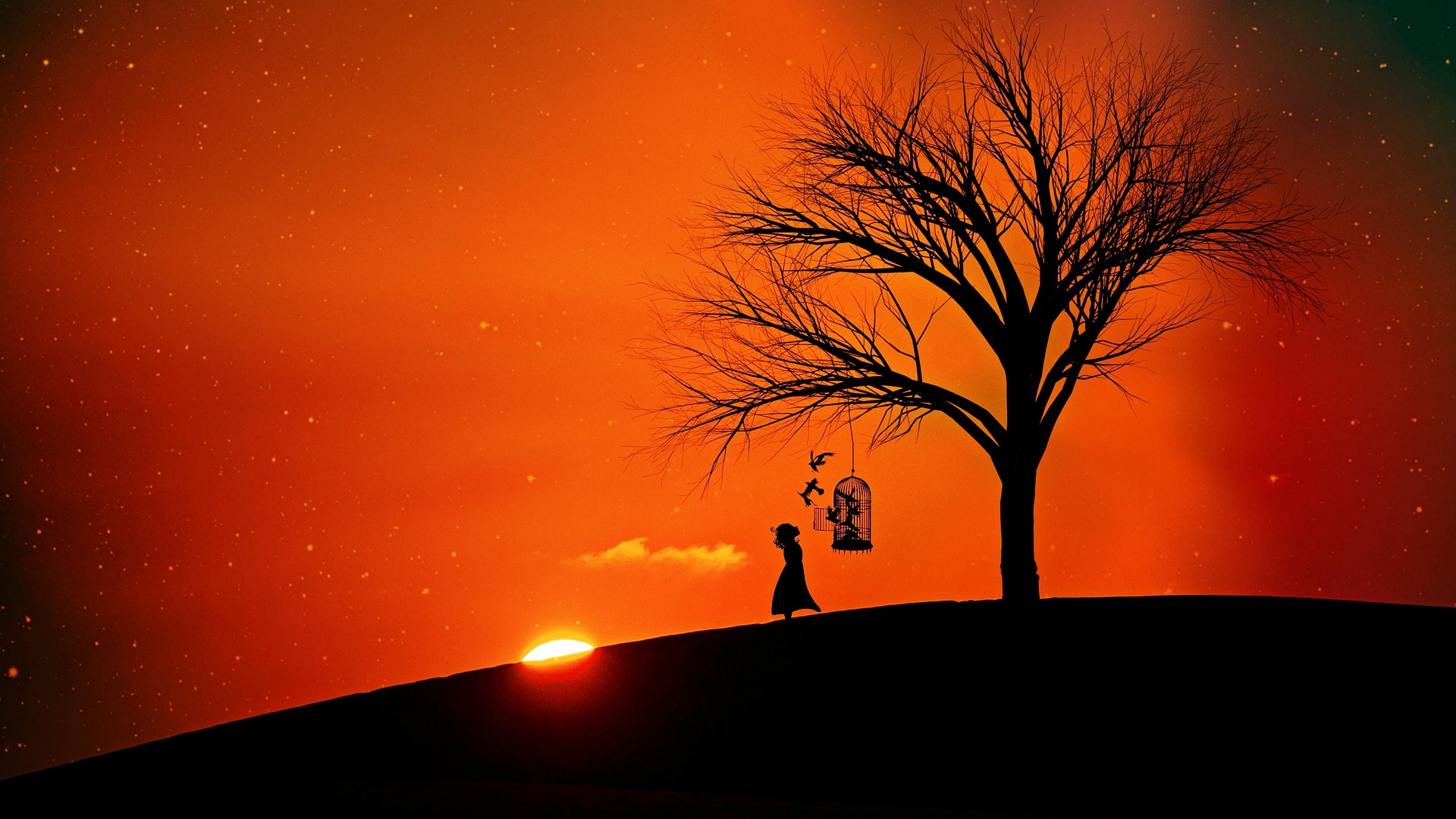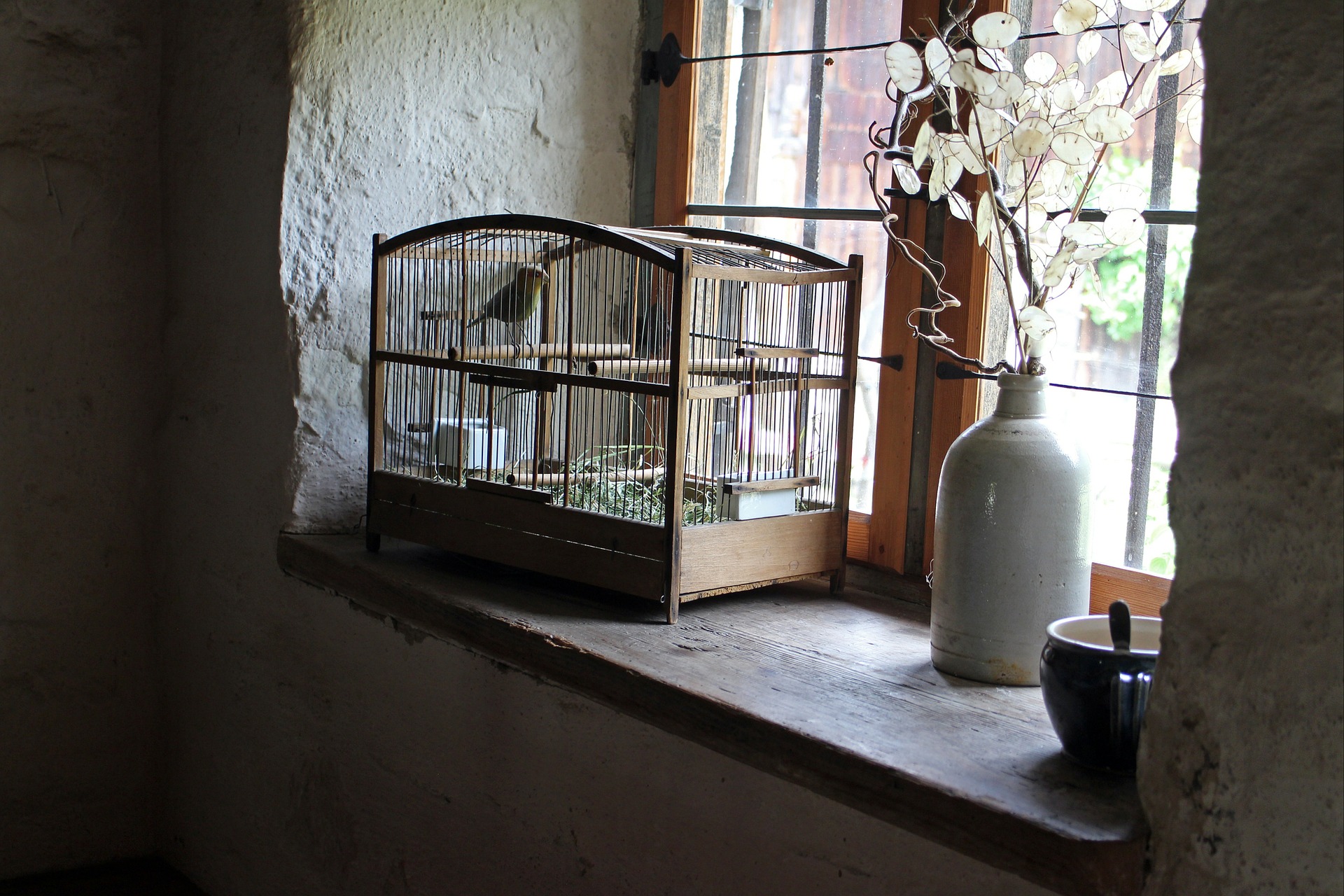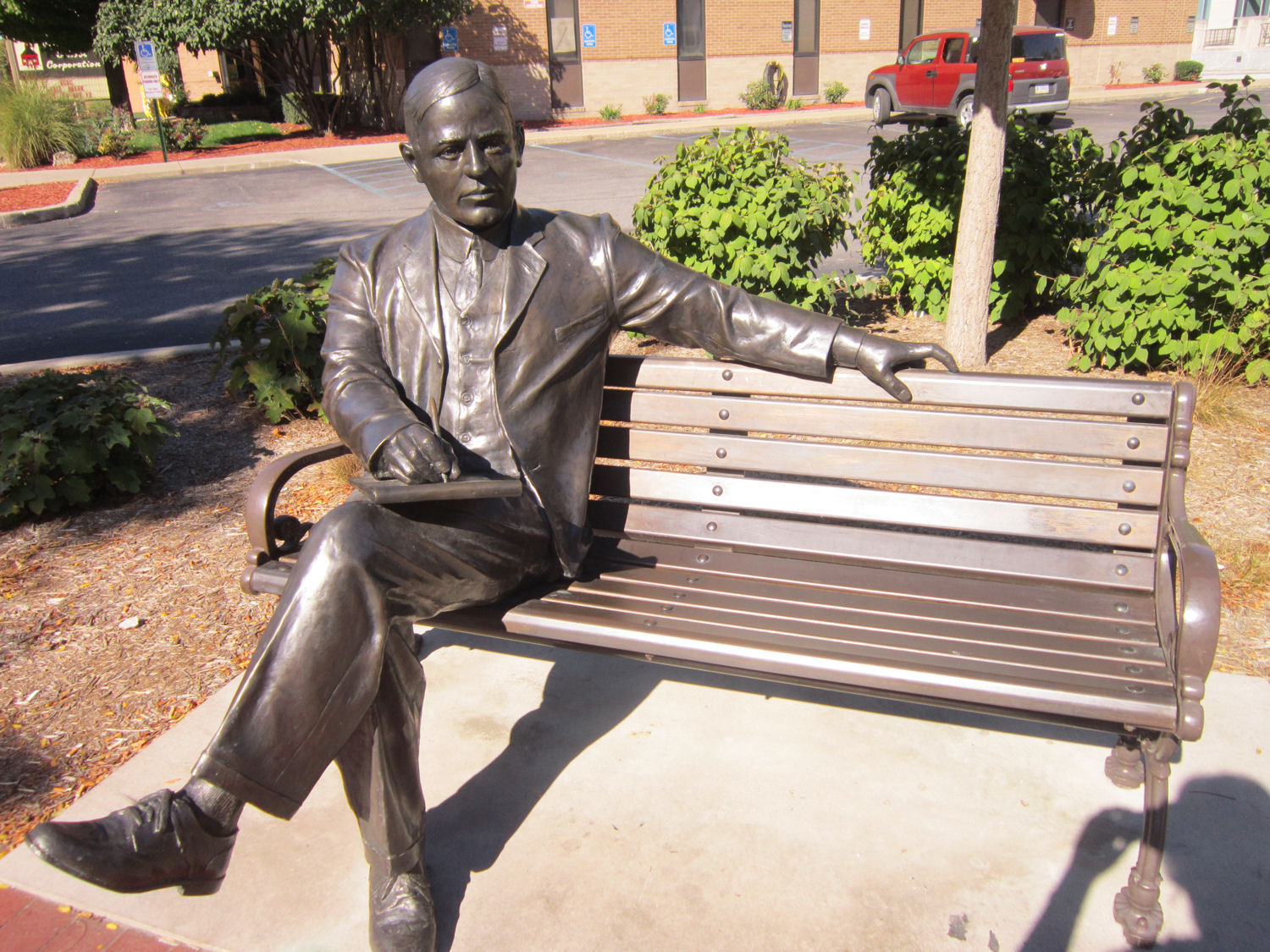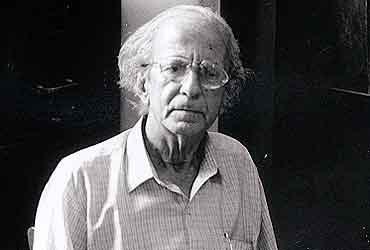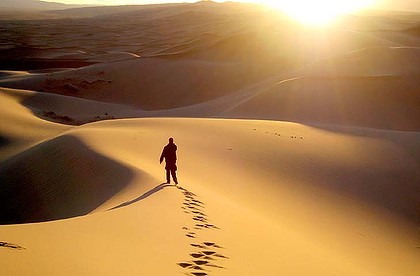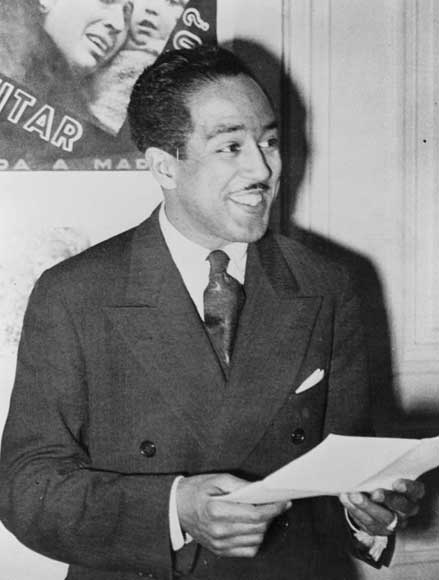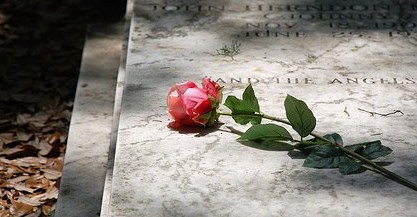This poem summary focuses on the poem ‘On the Pulse of Morning’ by the African-American woman poet Maya Angelou, who despite being African-American, speaks for all citizens of America, no matter what colour they are or what creed they belong to. The poem itself is divided into twenty-eight identifiable stanzas, with single lines occurring between stanzas 2 and 3, 11 and 12, 14 and 15, 17 and 18, and 27 and 28.
In the first stanza, consisting of eight lines, Angelou talks about how the Rock, the River, and the Tree have inhabited the earth since pre-historic times, since the times when ancient creatures like the mastodon and the dinosaur had walked the earth. These creatures have only left behind them their fossilized bones that have gotten mixed with the dust of the earth.
In the second stanza, consisting of four lines, Angelou says that The Rock is now urging human beings to stand upon its back, but not hide behind it. They must stand with their heads held high, rather than hiding their heads away. The single line following this stanza gives us the Rock’s own voice, denying humans a place in its shadow.
In the third stanza, consisting of five lines, the Rock says that humans are not much lower in God’s eyes than angels, but then their behaviour has not been angel-like. They have stayed hidden because they are ignorant of the need to emerge from the shadow of the Rock.
In the fourth stanza, consisting of only two lines, says that words are pouring out of people’s mouths uncontrollably, ready for a fight with anyone who will listen to them.
In the fifth stanza, again consisting of two lines, the Rock returns with his warning. He tells human beings that they must not hide their faces any longer, but they can stand on him for support.
In the sixth stanza, Angelou describes how the River has struck up a song inviting human beings to rest on her shore. This stanza consists of three lines.
In the seventh stanza, once again consisting of three lines, is in the River’s voice. She says that each of us is like a single country with all its borders closed off, haughty in a way, yet these man-countries are always being invaded by forces from the outside.
The eighth stanza also consists of three lines, in which the River says that human beings seeking profit have polluted her shores, and left industrial debris on her breasts.
In the two-line ninth stanza, the River forgives human beings for the wrongs they have committed against her, and invites them once again to come to her riverside, provided they promise to end all wars.
The tenth stanza consists of three lines. In this stanza, the River says she will wear the colours of peace, and reminisces about the songs the earth had taught her at a time when she, and the Rock, and the Tree lived in unison amongst themselves.
The eleventh stanza, consisting of three lines, continues the previous stanza’s reminiscence, as the River speaks of a time when man was still young, and inexperienced, and as a result, had not yet developed the faculty of cynicism. The single line following this stanza shows the River engaged in her activity of singing her invitation to human beings.
The twelfth stanza, which consists of two powerful lines, shows that human beings do feel the urge to respond to the calls of the Rock and the River for peace and unity.
The thirteenth stanza is one of the longer ones and consists of eight lines. Angelou here makes a list of everyone who can hear the voice of the Tree, and have come to hear him speak. Angelou includes in this list people from multiple races, religious persuasions, sexual orientations and occupational backgrounds to emphasize the unity in their diversity.
In the two-line fourteenth stanza, the Tree, which Angelou sees as both the first and the last of all trees on earth, joins the River to invite human beings o sit under him. The single line following this stanza asks human beings to “plant”, or to establish their places, next to the River and the Tree.
The fifteenth stanza, also consisting of two lines, shows the Tree telling the citizens of America that their ancestors had all been travellers, who came and went, paying with their lives so that their descendants could grow up in this supposedly prosperous country.
The sixteenth stanza consists of sixteen lines. In this stanza, the Tree speaks of Native American tribes like the Pawnee, the Apache, the Seneca, and the Cherokee, who had been forced to work for money-hungry gold-seekers to save their lives.
The seventeenth stanza, consisting of four lines, talks about immigrants from Europe and Africa who had arrived in America. Their arrival was a nightmare as they had been sold into slavery, but they still hoped for a better life in this new nation. The single line following this stanza shows the Tree repeating his invitation for humans to find a place to rest beneath his shade.
In the two-line eighteenth stanza, the Tree asserts its primacy and shows its determination to remain rooted, and thus immovable, in its place.
In the nineteenth stanza, consisting of two lines, the Rock, the River, and the Tree come together to assert that they belong to human beings everywhere.
The twentieth stanza again consists of two lines, in which the Rock, the River, and the Tree urge human beings to lift their faces to the new dawn that is upon them, the dawn that is absolutely essential for their survival.
The twenty-first stanza, consisting of three lines, says that History cannot but be remembered, and that if history repeats itself, if mankind is forced to struggle and fight once more, they must face the situation bravely.
The twenty-second stanza consists of two lines, and is similar to the twentieth in its call to the human beings to face the new day with courage and fortitude.
The two-line twenty-third stanza urges human beings to dream again the dream their ancestors had dreamt, of a better tomorrow.
The twenty-fourth stanza consists of two lines, in which the Rock, the River, and the Tree urge men, women, and children – everyone – to take up that dream of a brighter future into the palms of their hands.
Continuing this sentiment, the six-line twenty-fifth stanza tells human beings to mold the dream into two shapes – that of their private necessities, and that of their public selves – and to bring the two together. They are further urged to lift their hearts for a new hour is always the chance for a new beginning.
The twenty-sixth stanza, consisting of three lines, says that human beings must rise above fear and brutishness if they are to triumph.
The twenty-seventh stanza, a long one consisting of six lines, says that if human beings look into the distance, they will see the horizon, and the sun rising above it. This image ought to give them the courage to look upon the Rock, the Tree and the River. The two subsequent single lines assert that The Rock, the Tree, and the River has always provided support to everyone, be they as rich as Midas, or as poor as a beggar, as ancient as the mastodon, or as relatively young a man.
The twenty-eighth and final stanza consists of eight lines. In those lines, Angelou tells the citizens of America to look upon their nation and their fellow countrymen and begin the new day by simply wishing them all “Good Morning”, and welcoming them to a shared vision of the future ahead.
Some online learning platforms provide certifications, while others are designed to simply grow your skills in your personal and professional life. Including Masterclass and Coursera, here are our recommendations for the best online learning platforms you can sign up for today.
The 7 Best Online Learning Platforms of 2022
- Best Overall: Coursera
- Best for Niche Topics: Udemy
- Best for Creative Fields: Skillshare
- Best for Celebrity Lessons: MasterClass
- Best for STEM: EdX
- Best for Career Building: Udacity
- Best for Data Learning: Pluralsight
